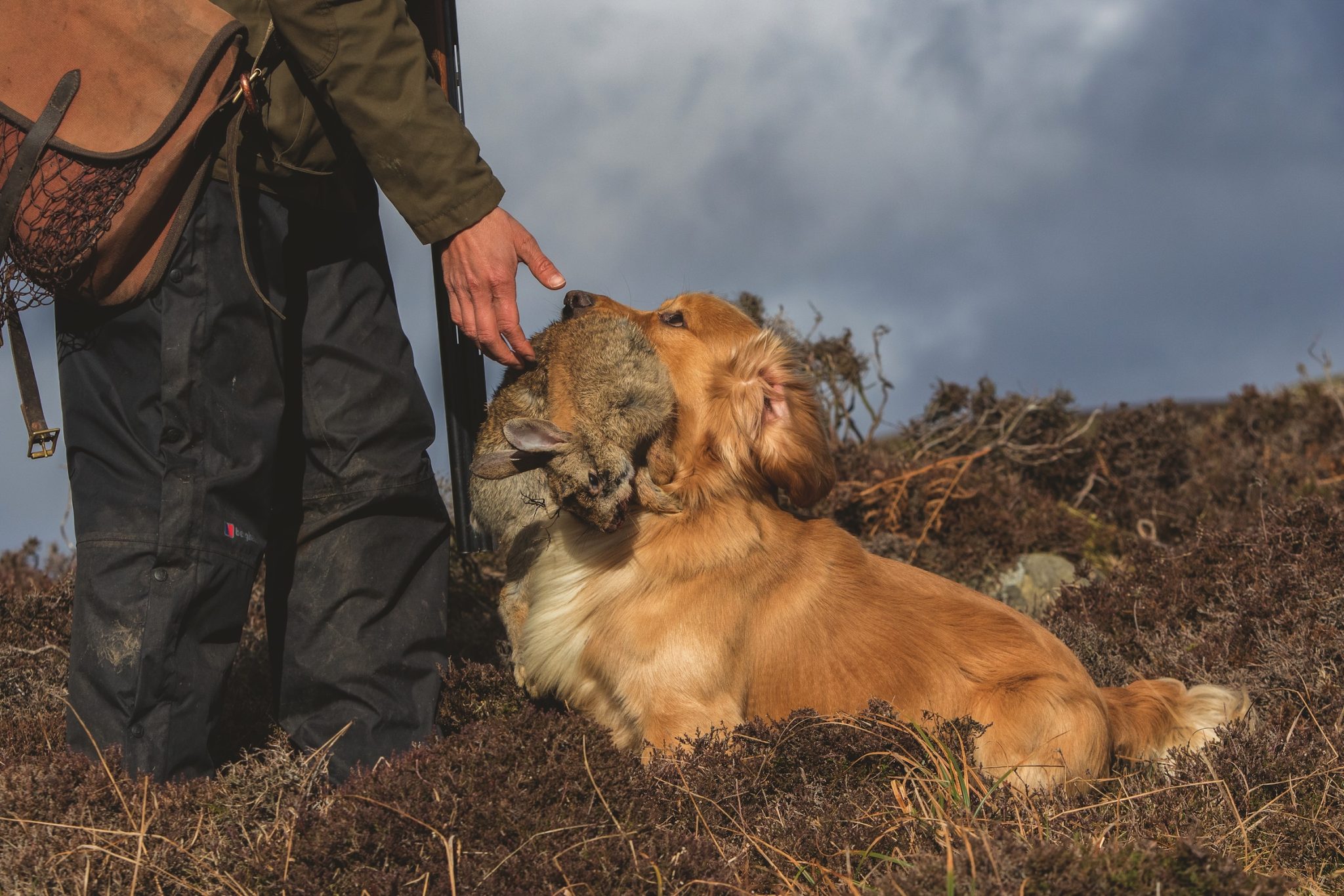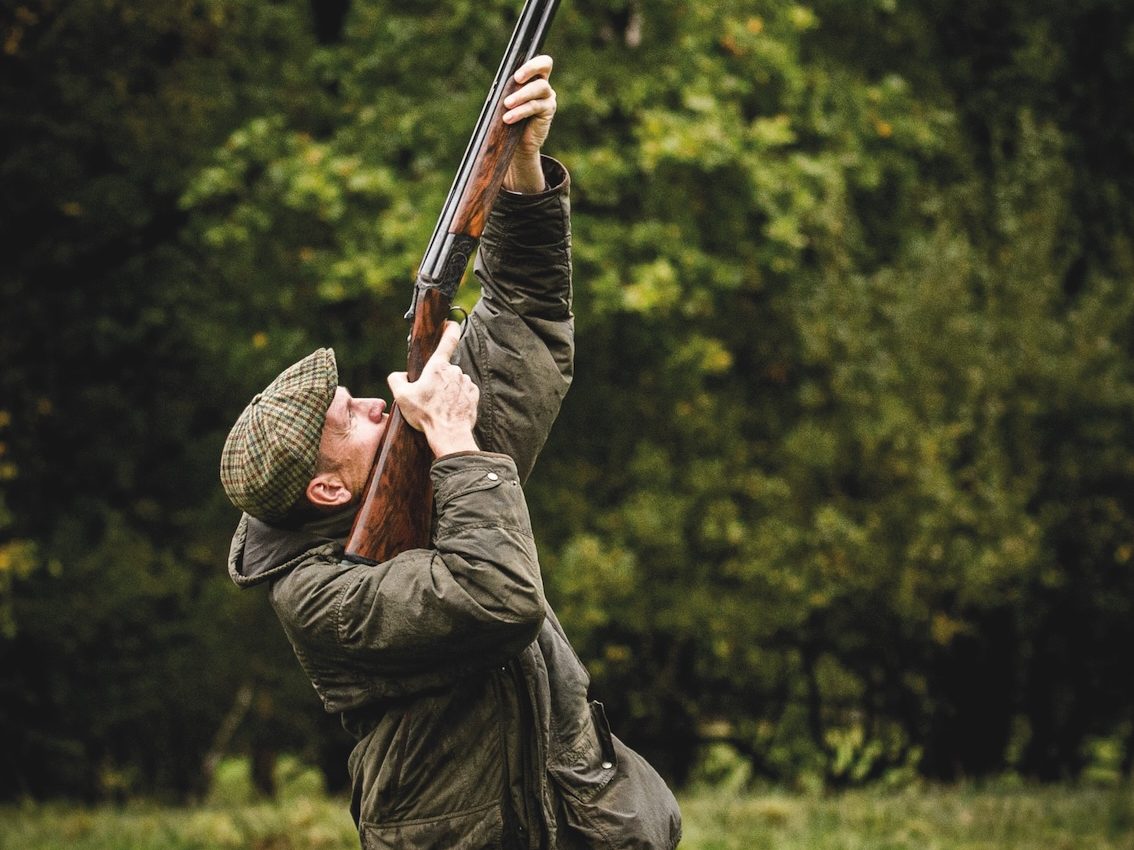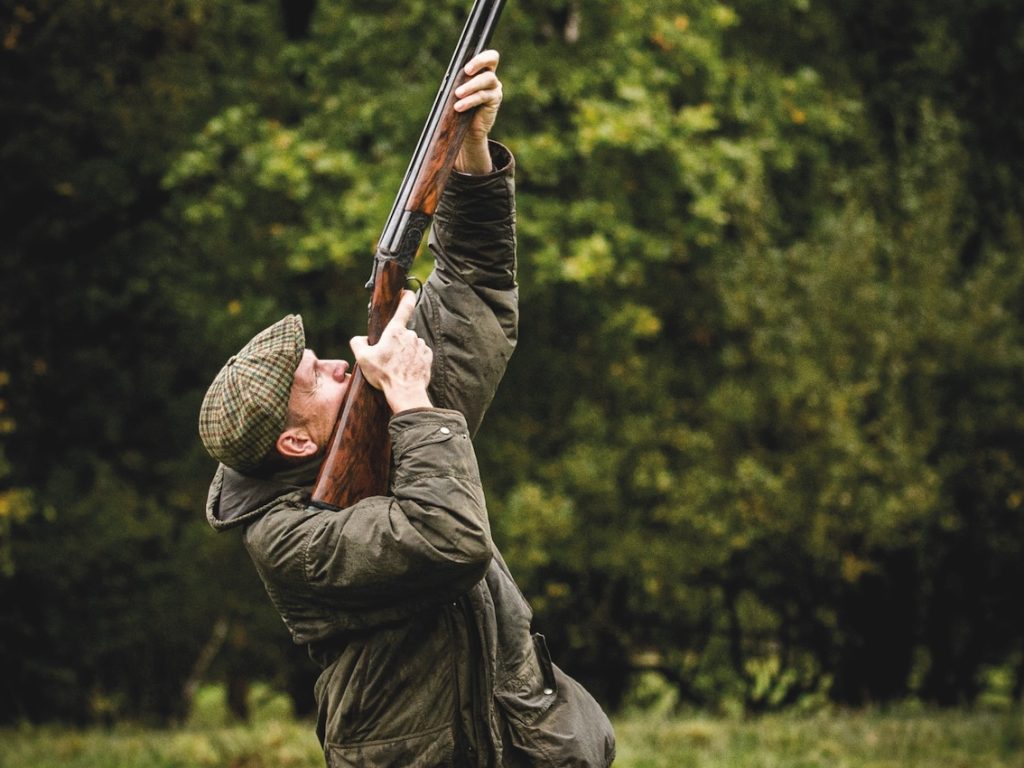Win CENS ProFlex DX5 earplugs worth £1,149 – enter here
The real scale of rural crime and its effects
More than 95% of people in the countryside believe that rural crime is a significant issue and one in five has considered moving because of it.
A new Countryside Alliance rural survey reveals that 96%of respondents say crime is a significant issue locally and nearly half believe the police do not take rural crime seriously.
Some 73% of those surveyed thought rural crime had increased in the past 12 months, and 39% said that during that time they had been personally affected by it. And 18% had even considered moving away as a result. The survey also found that nearly half of those who reported crimes to the police – 48% – were dissatisfied with the response and 85% said the police cannot be relied on to be there when you need them.
The issue of rural crime has been brought to public attention by a string of high-profile cases. In January in Cambridgeshire, 70 criminals drove vehicles through fields killing hares and deer, causing thousands of pounds worth of damage to crops and setting fire to cars. In another high-profile case, a farmer from Devon revealed he had lost more than 4,500 sheep worth £500,000 to thieves over the past decade.
To help address rural crime, the Countryside Alliance has outlined a number of ways in which rural crime might be dealt with more effectively, including the implementation of the Equipment Theft (Prevention) Act 2023. This targets the theft and resale of equipment used by tradespeople and agricultural businesses. The Act would require that vehicles be fitted with engine immobilisers; would better empower police and magistrates to punish perpetrators of rural crime; put in place improved reporting for cases of livestock theft; and increase the support for the National Rural Crime Unit.
Tim Bonner, chief executive of the Countryside Alliance, said: “Tackling crime and increasing police visibility is a major priority for people who live in the countryside, and while there may be increasing awareness in the corridors of Westminster of the growing problem of rural crime, this awareness is often not felt by the communities that live and workin the countryside.
“But we can turn the tide on rural crime. By prioritising the issues that matter most to rural residents and ensuring that the police have the resources and support they need to act, we can begin to rebuild trust, improve safety, and create an environment where rural communities feel secure once again,” he emphasised.
Related Articles
Get the latest news delivered direct to your door
Subscribe to Shooting Times & Country
Discover the ultimate companion for field sports enthusiasts with Shooting Times & Country Magazine, the UK’s leading weekly publication that has been at the forefront of shooting culture since 1882. Subscribers gain access to expert tips, comprehensive gear reviews, seasonal advice and a vibrant community of like-minded shooters.
Save on shop price when you subscribe with weekly issues featuring in-depth articles on gundog training, exclusive member offers and access to the digital back issue library. A Shooting Times & Country subscription is more than a magazine, don’t just read about the countryside; immerse yourself in its most authoritative and engaging publication.







